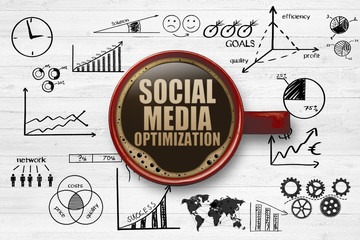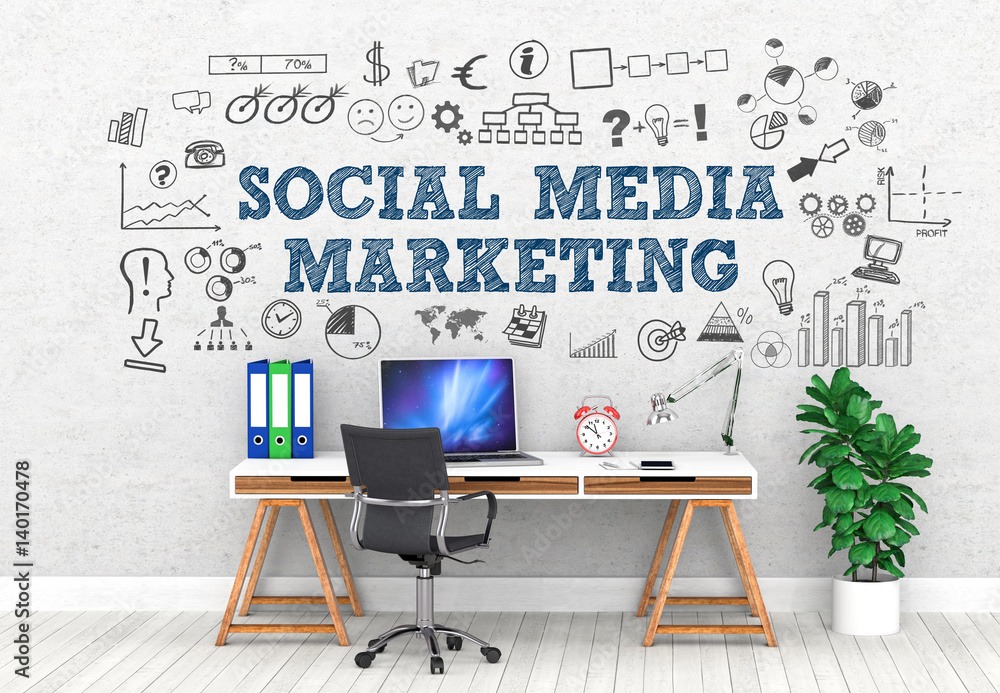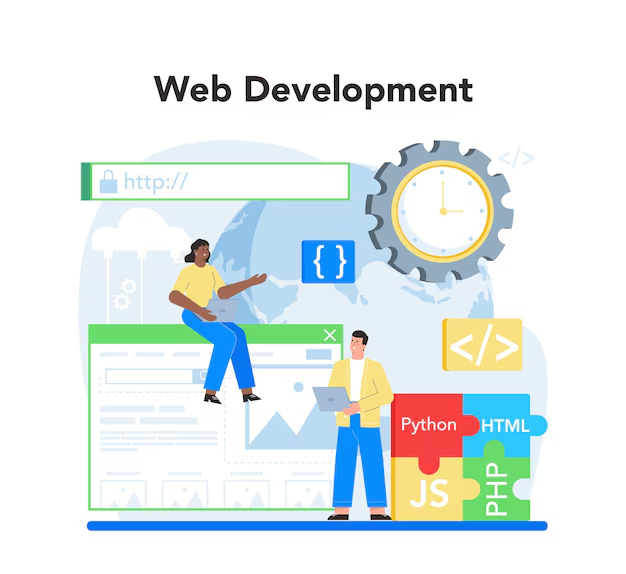“Ignoring online marketing is like opening a business but not telling anyone.”
Search Engine Optimization (SEO)

Visibility: SEO aims to enhance a website’s visibility in search engine results pages (SERPs) to attract more organic traffic.
Relevance: It involves optimizing content and structure to align with user search queries and search engine algorithms, ensuring the website appears for relevant searches.
Authority: SEO focuses on building authority through quality content, backlinks, and user engagement, which improves the website’s credibility and ranking in search results.
Search Engine Marketing (SEM)

Paid Advertising: SEM involves using paid search ads, such as Google Ads (formerly AdWords), to promote websites and increase visibility in search engine results pages (SERPs).
Keyword Targeting: It focuses on targeting specific keywords relevant to the business or campaign to attract targeted traffic and potential customers.
Performance Measurement: SEM campaigns are monitored and optimized based on performance metrics like click-through rates (CTR), conversions, and return on investment (ROI) to maximize effectiveness and achieve marketing goals.
Social Media Optimization (SMO)

Profile Optimization: SMO involves optimizing social media profiles to ensure they are complete, consistent, and reflect the brand’s identity effectively.
Content Sharing: It focuses on creating and sharing valuable and engaging content on social media platforms to encourage user interaction, shares, and engagement.
Community Building: SMO aims to build a community around the brand by fostering relationships with followers, responding to comments, and participating in conversations to enhance brand loyalty and advocacy.
Social Media Marketing (SMM)

Engagement: SMM utilizes social media platforms like Facebook, Instagram, and Twitter to engage with audiences through content, interactions, and discussions.
Promotion: It involves promoting products, services, or content through paid advertising and organic posts on social media channels to reach a broader audience.
Brand Awareness: SMM aims to increase brand visibility and recognition by leveraging social media’s reach and targeting capabilities to connect with potential customers.
Website Design and Development

Content Management: WordPress provides a user-friendly platform for creating, managing, and updating website content through its intuitive content management system (CMS).
Customization: It allows for extensive customization through themes and plugins, enabling developers to tailor the website’s design, functionality, and features to meet specific needs.
Scalability: WordPress websites are scalable, meaning they can grow with the business or organization, accommodating increased traffic, content, and functionality over time.
- Fashion Industry
- Ecommerce Stores
- Local Businesses
- Startups
- Real Estate Agencies
- Healthcare Industry
- Financial Services
- Travel Industry
- Entertainmet Industry
- Paintings
- Education
- Non Profitable Organizations
- Food Industry





digi shailja
Map & Location
Our location in Lucknow
